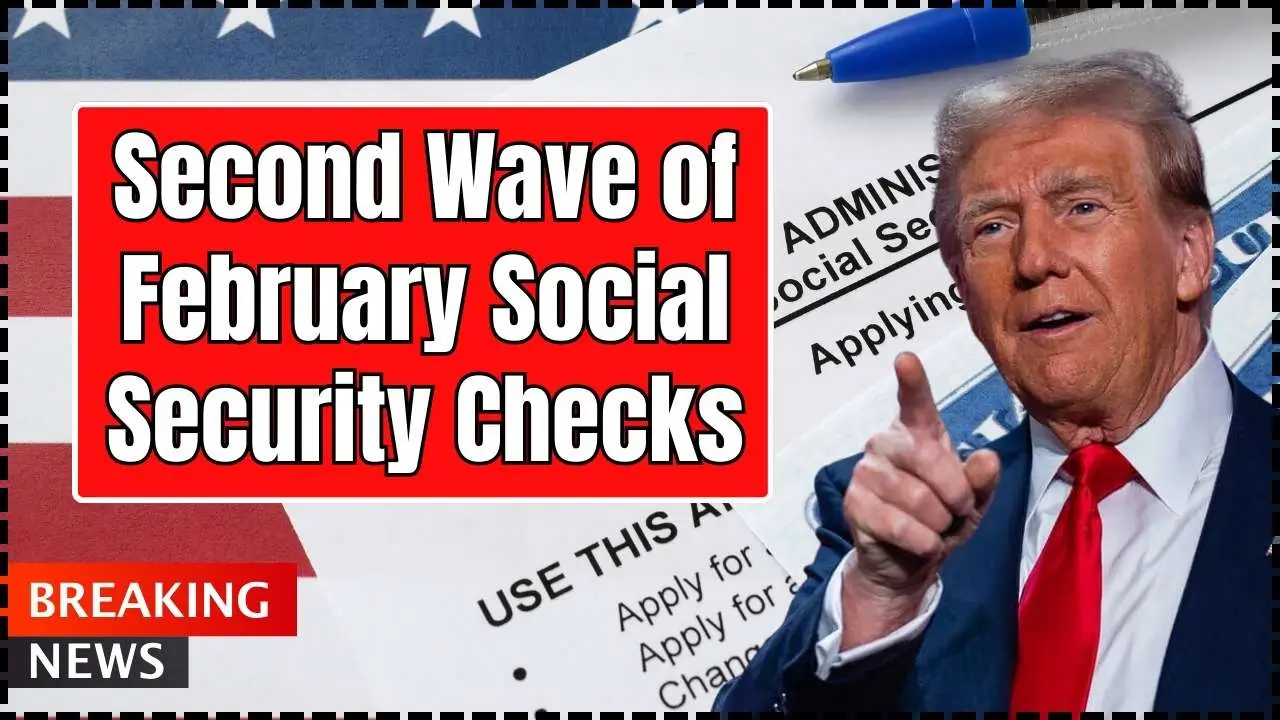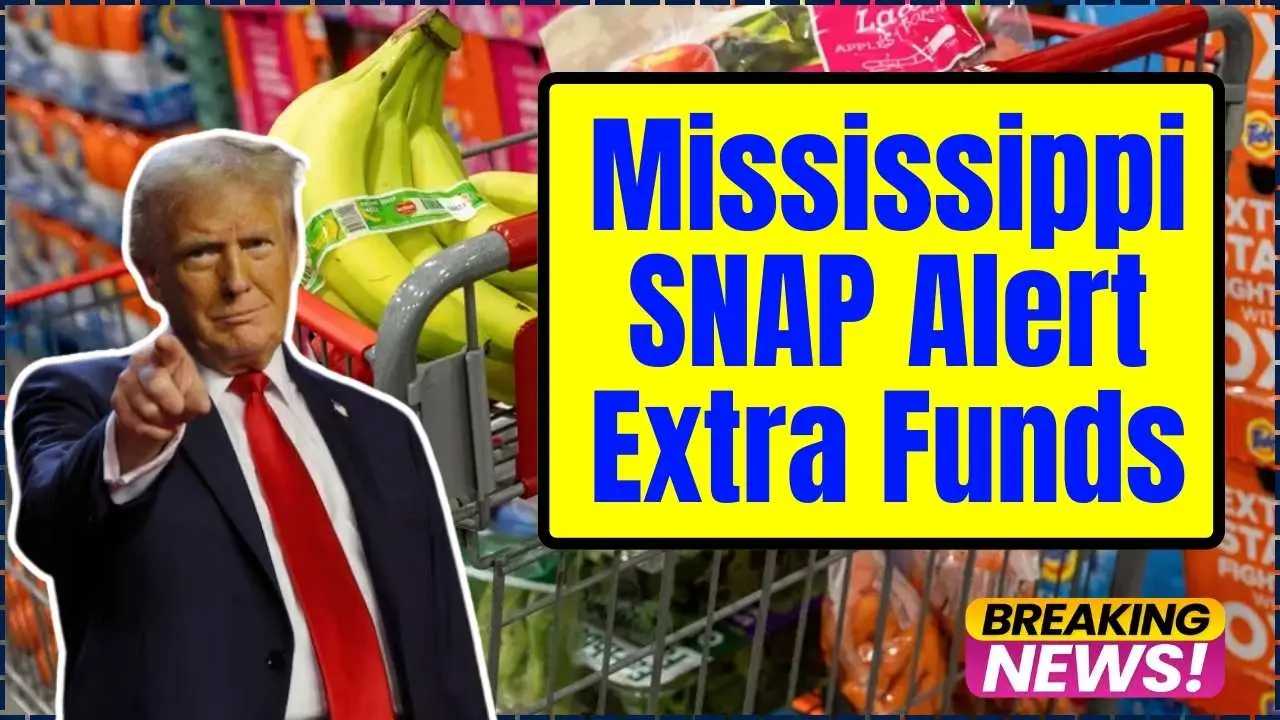The IRS has confirmed that third-party payment platforms will revert to the higher threshold of $20,000 in gross payments and more than 200 transactions before issuing Form 1099-K for goods and services. This change applies to platforms such as PayPal and Etsy and reflects recently enacted legislation.
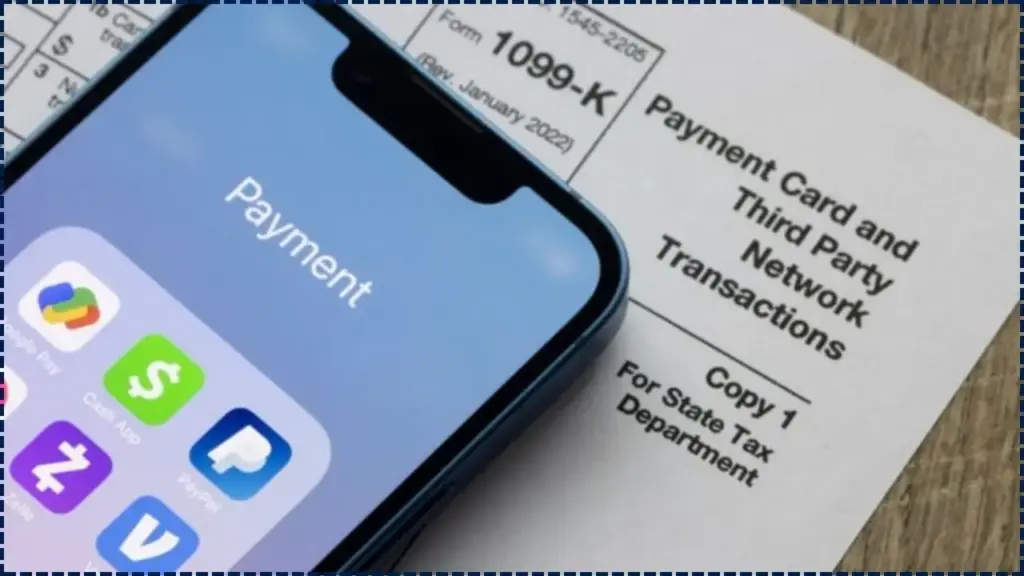
PayPal and Etsy Will Only Send 1099-K Forms
| Key Fact | Detail |
|---|---|
| New threshold for 1099-K | $20,000 in payments and over 200 transactions |
| Platforms affected | Payment apps and online marketplaces (e.g., PayPal, Etsy) |
| Taxability | Income remains taxable whether or not a 1099-K is issued |
| State-level variations | Some states have stricter or lower thresholds than federal rule |
Threshold Change Explained
Form 1099-K—used by payment card and third-party network transactions—alerts the IRS to income received through these platforms. Historically, the threshold was $20,000 and 200 transactions.
The American Rescue Plan Act of 2021 (ARPA) lowered the figure to $600 with no transaction minimum, starting tax year 2023. However, the new law — the One Big Beautiful Bill Act — reinstates the prior threshold, retroactive to 2022.
Key details include:
- The threshold for Form 1099-K returns to $20,000 in payments and more than 200 transactions.
- All income remains taxable regardless of whether you receive a form.
- The change affects sellers on platforms like PayPal, Etsy, and similar third-party networks.
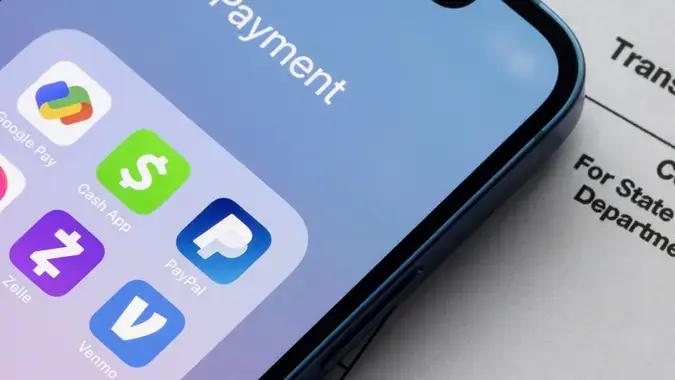
Why the Change Was Made
Industry groups and small-business advocates argued that the $600 threshold would create overwhelming paperwork for casual sellers, resellers and gig workers. One tax policy expert commented: “The return to $20,000 and 200 transactions reflects a compromise between enforcement burden and compliance cost.”
Some tax-compliance advocates counter that higher thresholds reduce visibility into online income and may hinder enforcement of tax obligations.
What It Means for Sellers on PayPal & Etsy
- If you process fewer than 200 transactions or less than $20,000 in gross payments for goods or services, your platform is unlikely to issue Form 1099-K under the current rule.
- If you exceed both thresholds, the platform must issue the form to you and the IRS.
- You must still report taxable income, expense deductions and profits on your tax return even if no form is issued.
- Record-keeping remains essential—platforms report gross receipts, but your taxable income may differ after expenses and refunds.
Action Steps for Affected Individuals
- Track your gross payments and transaction count. Use your platform account history to determine if you exceed the threshold.
- Clarify transaction type. Only payments for goods or services count; personal transfers (such as gifts or reimbursements) typically do not trigger a 1099-K.
- Keep thorough records. Maintain documentation of income, refunds, fees, expenses and inventory cost if applicable.
- Verify any 1099-K received. Make sure amounts align with your records and platform statements.
- Consult a tax professional. Especially if you are near thresholds or operate across states with varying reporting rules.
Broader Context: Tax Landscape and Compliance
This amendment occurs within a shifting tax-reporting environment, especially as more commerce occurs through digital platforms and gig work increases. The threshold change is part of efforts to reduce administrative burden for smaller sellers while maintaining IRS insight into higher-volume activity.
Reports show many gig workers were unaware of prior threshold changes and risked receiving unexpected forms or tax demands.
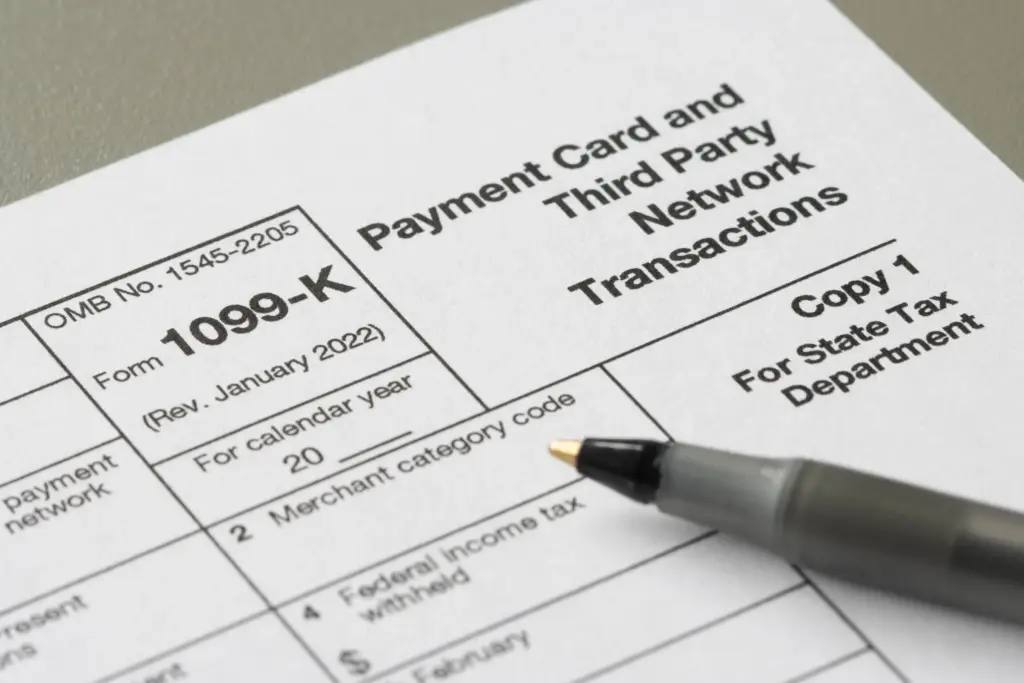
Limitations and Uncertainties
- While the federal threshold has been reinstated, several states (e.g., Massachusetts, Vermont) maintain lower thresholds for state-level reporting. Platform rules may vary.
- Legislation remains subject to future change; thresholds could shift again in upcoming tax years.
- The issuance of a 1099-K does not by itself determine taxable income or deductions—those remain the responsibility of the taxpayer.
Related Links
What We Know About IRS $1,390 Direct Payments in 2025 – Eligibility and Key Facts
2026 Tax Reforms: Seniors Get Bigger Deductions and New Relief – Are You Eligible?
Final Notes
While the return to the $20,000/200-transaction threshold relieves many smaller sellers from automatic 1099-K paperwork, it does not remove your tax obligations. Whether or not a form is issued, all earned income must be accurately reported. Staying informed, keeping detailed records and seeking professional advice will remain crucial as online selling and tax-reporting rules evolve.
FAQ About PayPal and Etsy Will Only Send 1099-K Forms
Q1: If I don’t receive a 1099-K, am I exempt from reporting income?
A1: No. Income from goods and services is taxable whether or not a form is issued—report it regardless.
Q2: Does the threshold apply to personal payments (e.g., gifts, reimbursements)?
A2: No. Only payments for goods or services processed by third-party settlement organizations count toward the threshold.
Q3: Could the threshold change again?
A3: Yes. Prior deadlines and legislative updates show thresholds can evolve—monitor IRS guidance.
